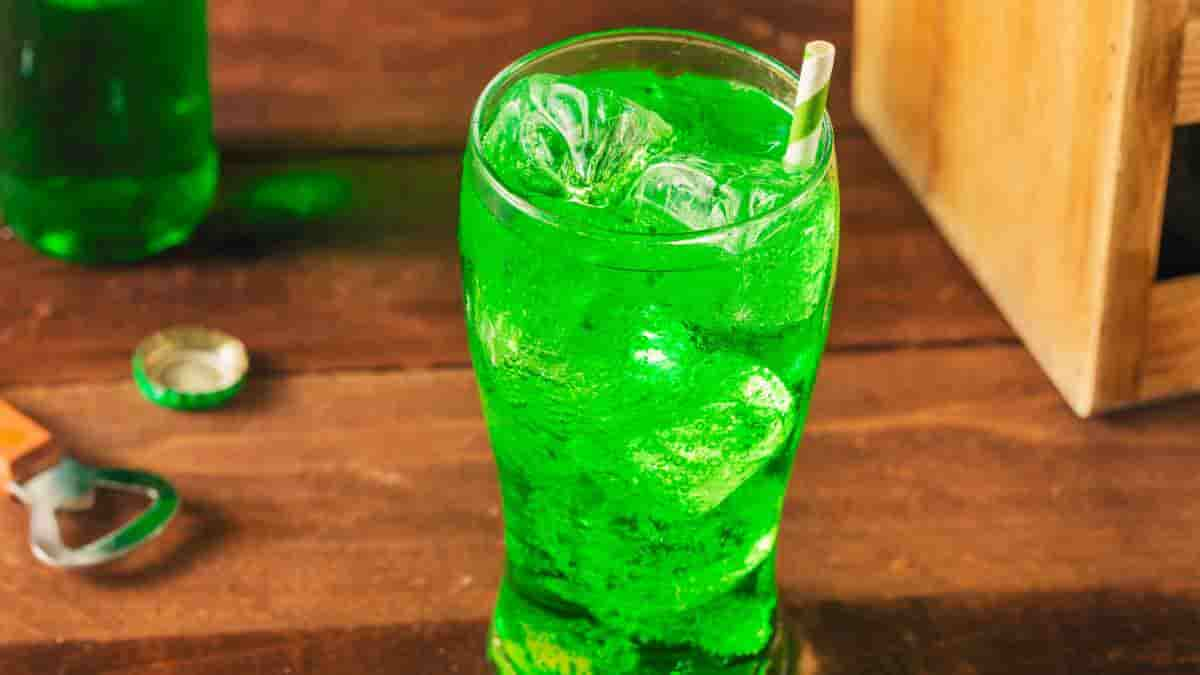If your teenager drinks lots of sugar sweetened drinks, they very well could be putting themselves at higher risk of memory problems.
University of Southern California researchers found that adolescent rats which consumed large quantities of sugary liquids had memory problems and brain inflammation. They also became pre-diabetic.
The rats were given liquid solutions with sugar or high fructose corn syrup (HFCS) in concentrations comparable to popular sugar-sweetened beverages.
The same effects were not observed in adult rats fed the sugary drinks or adolescent rats who did not get the sugar drinks.
“The brain is especially vulnerable to dietary influences during critical periods of development, like adolescence,” says USC assistant professor Scott Kanoski.
Mazes, Memories and High Fructose Corn Syrup
The study involved 76 rats. 35 to 40 percent of the rats’ caloric intake was from sugar or HFCS.
To put that into perspective, added sugars make up about 17 percent of the total caloric intake of an average teen in the United States, according to the Centers for Disease Control and Prevention.
The rats were tested in mazes that involve spatial memory ability.
Adolescent rats that had consumed the sugary beverages, especially HFCS, performed worse on the test than any other group. This may be the result of neuro-inflammation detected in the hippocampus, Kanoski says.
Part of the temporal lobe, the hippocampus is an area deep within the brain that controls memory formation. People with Alzheimer’s disease and other dementias frequently suffer damage to the hippocampus.
“Consuming a diet high in added sugars not only can lead to weight gain and metabolic disturbances, but can also negatively impact our neural functioning and cognitive ability,” says Kanoski.
How Much High Fructose Corn Syrup are Teenagers Really Drinking?
An earlier USC study found soda drinkers could be getting a much higher dose of fructose than they have been led to believe.
In the study, published in the journal Nutrition, researchers analyzed the chemical composition of 34 popular beverages.
They found that beverages and juices made with high fructose corn syrup (HFCS), like Mountain Dew, Coca-Cola, Pepsi, Dr Pepper, and Sprite, all contain 50 percent more fructose than glucose, a blend that calls into question claims that sugar and HFCS are essentially the same.
“We found what ends up being consumed in these beverages is neither natural sugar nor HFCS, but instead a fructose-intense concoction that could increase one’s risk for diabetes, cardiovascular disease and liver disease,” said Michael Goran, Ph.D., lead author of the study. “The human body isn’t designed to process this form of sugar at such high levels. Unlike glucose, which serves as fuel for the body, fructose is processed almost entirely in the liver where it is converted to fat.”
Sugar is Sugar?
The Corn Refiners Association, a trade group representing HFCS producers, has often argued that HFCS is only slightly different than natural sugar (sucrose), which is made up of equal parts of fructose and glucose.
However, Goran’s analysis of beverages made with HFCS showed a fructose to glucose ratio of 60:40. That is significantly higher than the equal proportions found in sucrose and challenging the industry’s claim that “sugar is sugar.”
“Given that Americans drink 45 gallons of soda a year, it’s important for us to have a more accurate understanding of what we’re actually drinking, including specific label information on the types of sugars,”
said Goran.
The study also shows that the ingredients on some product labels do not represent their fructose content. For example, Goran’s team found that the label on Pepsi Throwback indicates it is made with real sugar (sucrose). But analysis showed that it contains more than 50 percent fructose.
Sierra Mist, Gatorade and Mexican Coca-Cola also have higher concentrations of fructose than implied by their label. This suggests that these beverages might contain HFCS, something that is not disclosed on their labels.
References:
- Ted M. Hsu, Vaibhav R. Konanur, Lilly Taing, Ryan Usui, Brandon D. Kayser, Michael I. Goran and Scott E. Kanoski. Effects of sucrose and high fructose corn syrup consumption on spatial memory function and hippocampal neuroinflammation in adolescent rats. Hippocampus , DOI: 10.1002/hipo.22368
- Ryan W. Walker, Kelly A. Dumke, Michael I. Goran. Fructose content in popular beverages made with and without high fructose corn syrup. Nutrition, 2014; DOI:10.1016/j.nut.2014.04.003
Last Updated on December 7, 2023
